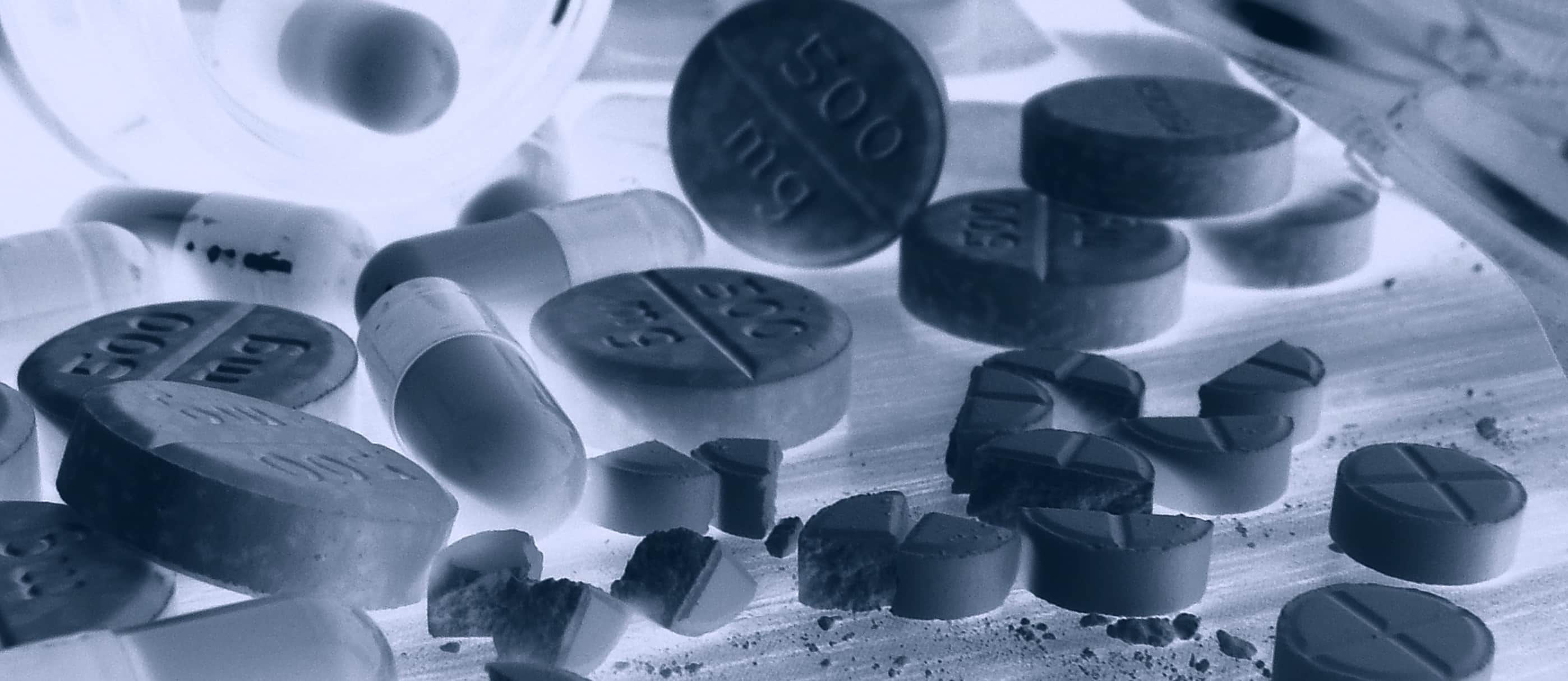Recently the Centers For Disease Control and Prevention commemorated “Get Smart About Antibiotics Week,” which aimed to raise awareness about growing antibiotic resistance as one of the world’s most pressing public health threats. One way to combat this problem is avoid putting antibiotic-laden foods in our shopping carts and our families’ mouths.
Though persistent organic pollutants like dioxins and PCBs can persist for years in our bodies (see my 2-min video How Fast Can Children Detoxify from PCBs?), other dietary contaminants such as antibiotic residues may be more of a matter of constant re-exposure on a day-to-day basis. As you can see in my 2-min. video Lowering Dietary Antibiotic Intake, a study last year measured changes in the levels of antibiotics before and after a 5 day vacation from meat.
They tested participants’ urine for the presence of a number of clinically important human antibiotics. Though none of the study participants were actually taking these drugs, antibiotics were found flowing through their bodies. Within just five days of eating vegetarian, though, the study “demonstrated clearly that even short-term dietary changes could reduce the frequency of detection and levels of major antibiotics.”
A follow-up study testing antibiotic levels in meat directly found that “Consumption levels of beef, pork, chicken, and dairy products could explain the daily excretion amount of several antibiotics in urine.” Which has more though, chicken thigh or breast? Find out in my 1-min video More Antibiotics in White Meat or Dark Meat?
This year, the Consumers Union—the publishers of Consumer Reports—launched a Meat Without Drugs campaign to pressure retailers to demand meat producers stop gobbling up 80% of the antibiotics sold in the United States to help fatten animals faster and prevent disease in such stressful, crowded, unhygienic environments (see for example, recent undercover footage at a Butterball turkey plant). Our exposure to drugs given to turkeys and chickens may be one reason poultry consumption has been associated with significantly higher lymphoma and leukemia risk. See my videos EPIC Findings on Lymphoma and Chicken Dioxins, Viruses, or Antibiotics?
For more on antibiotics in meat, see Drug Residues in Meat. Drug residues may also end up in the flesh of fish (see A Fine Kettle of Fluoxetine).
Vegetarians may also have lower exposure to carcinogenic nitrosamines (see Prevention Is Better Than Cured Meat).
–Michael Greger, M.D.
PS: If you haven’t yet, you can subscribe to my videos for free by clicking here and watch my full 2012 – 2015 presentations Uprooting the Leading Causes of Death, More than an Apple a Day, From Table to Able, and Food as Medicine.
